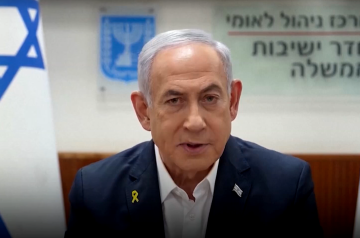Trump's desire to swiftly address some of the world's most pressing issues, particularly in Ukraine and Gaza, is beginning to yield initial results.
This is reported by Con Coughlin, a defense commentator and chief international relations columnist for The Telegraph. One of the first outcomes has been the cessation of hostilities in the Gaza Strip, where Trump's newly appointed special representative, Steve Vitkoff, reached an agreement for a ceasefire and the release of hostages. This was made possible by Trump’s new approach to Israel, which had previously faced challenges under Joe Biden's administration.

"Biden had a complicated relationship with Israeli Prime Minister Benjamin Netanyahu, who both praised and criticized him. This meant that the outgoing U.S. president had limited leverage to persuade Netanyahu to halt the fighting," Coughlin adds.
Regarding the war in Ukraine, Trump has set an ambitious goal of ending the hostilities as quickly as possible. While his aides acknowledge that this process may take time, Trump has repeatedly expressed his willingness to meet with Russian President Vladimir Putin to discuss a peaceful resolution. However, the intransigent positions of both sides—Ukraine insisting on NATO membership while Putin demands a withdrawal from that request—make reaching an agreement an incredibly challenging task.

"The situation in Ukraine is further complicated by the fact that military forces have responded to Trump's return by ramping up their efforts to seize as much territory as possible in anticipation of future peace talks," the expert explains.
For Trump, a significant motivation for engaging in global conflicts is the desire to alleviate the financial burden on American taxpayers. This is particularly relevant in the context of the war in Ukraine, where the United States is the primary provider of aid, and the situation in Gaza, where the U.S. provides military support to Israel.
Source: telegraph.